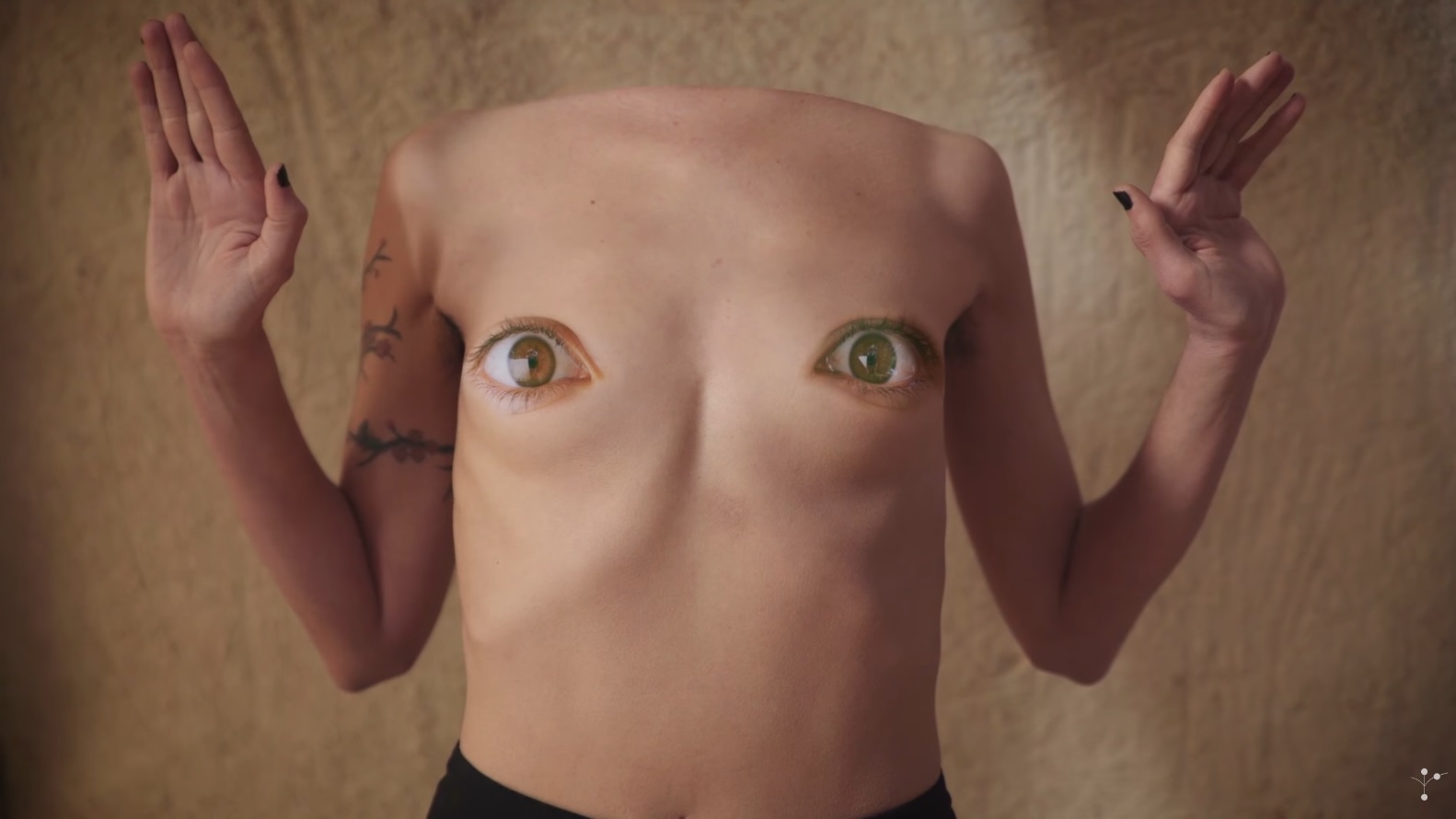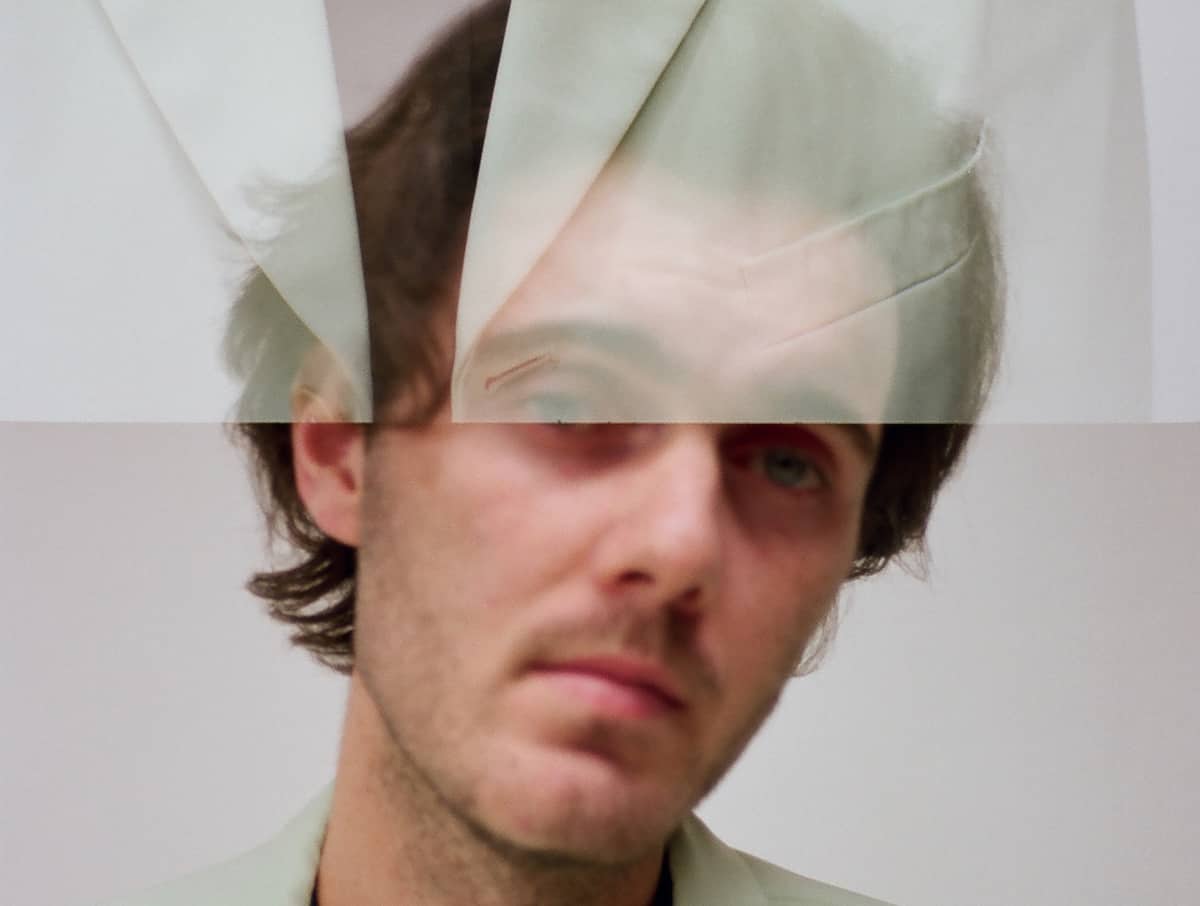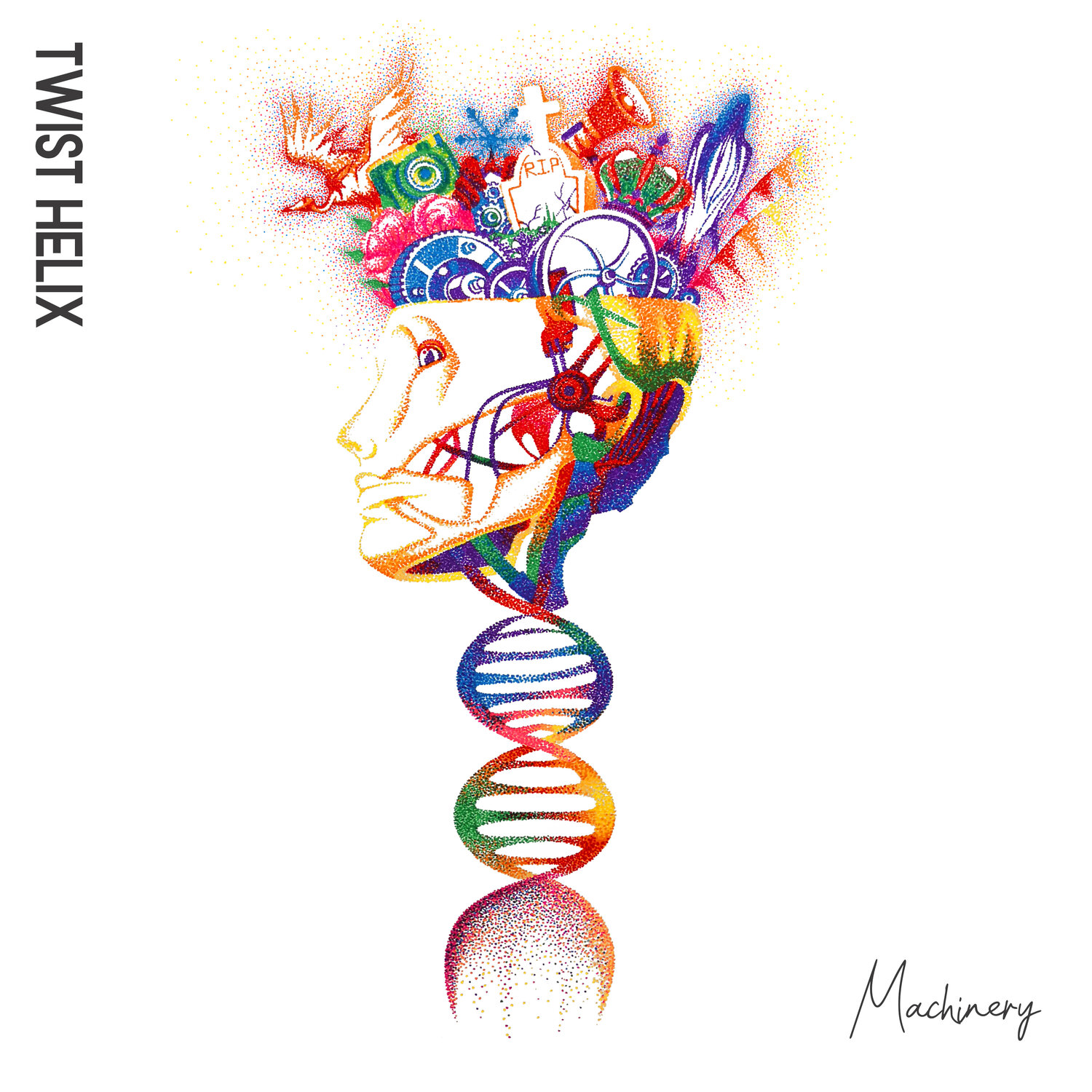In their new album ‘Teatro Lúcido’, French psych-punk band La Femme cultivate a cinematic Spanish fantasy through individual, genre-branching tableaus.
Stream: ‘Teatro Lúcido’ – La Femme
Maybe there’s a lot of noise around you, but when I do music, I feel like it’s a safe moment. If you take drugs or have a love story it can be great, but it can also be very painful – but music, I think, is not painful at the beginning.
– Sacha Got
To many artists, music is an explosion of the internal, an outward way of making sense of what’s going on inside.
It’s a way of ruminating on one’s own life, its suffering and joy and pain and ponderings. It’s a way of grounding oneself in what was and what is going on in their individual life.
To other artists though, it’s a different kind of explosion. It can be a bold escape from one’s own life, a way of pushing past the boundaries of their minds, of their day-to-day goings on. Music can be a journey to find a new space where they can leave their life behind, blaze a new trail to something different.
To Sacha Got, founding member and guitarist of French psych-punk band La Femme, that escapism is precisely what he seeks; the kind of escapism that reminds us of the exhilaration of being alive.
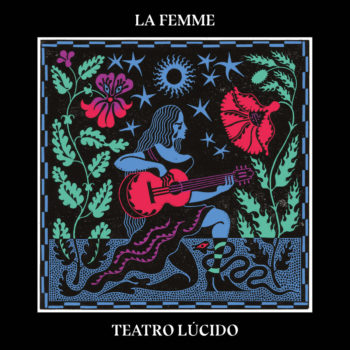
“When I began composing, when I began making music, it was a way to escape,” Got says. “It’s quite basic to say this, but it was the right way to escape from real life, like a boring and simple life, it was my first motivation. Maybe there’s a lot of noise around you but when I do music, I feel like it’s a safe moment. If you take drugs or have a love story it can be great but it can also be very painful but music, I think, is not painful at the beginning.”
“It’s just a place to help you and to create and to give something to other people. It makes like more epic because if not, we are just animals that eat, fuck, sleep, walk, you know what I mean? But the fact that we have art in general, art is a gift to life and existence, it gives something to our life that’s more deep and poetic, it’s how we’re human and not animals.”
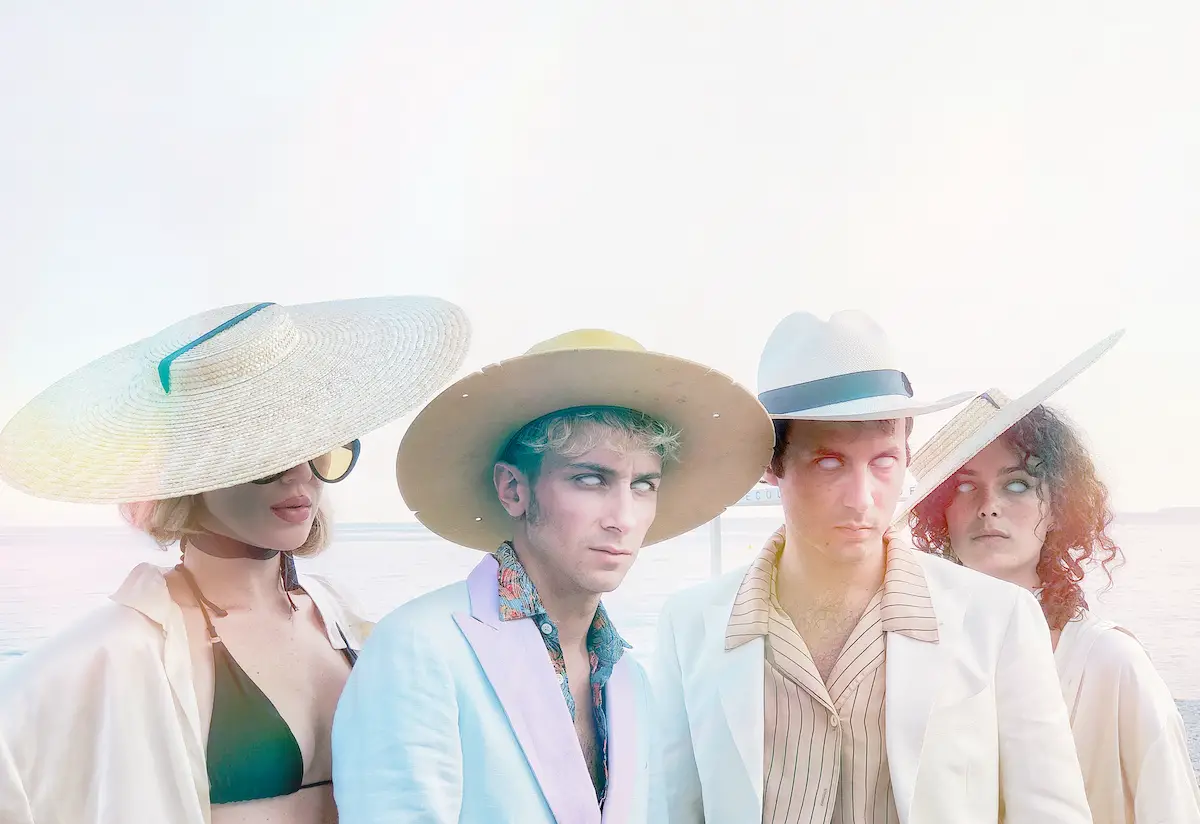
The fact that we have art in general, art is a gift to life and existence, it gives something to our life that’s more deep and poetic, it’s how we’re human and not animals.
In November, La Femme released Teatro Lúcido, the band’s first album sung entirely in Spanish.
“I was traveling a lot to Spain,” Got shares. “I’d been there many times and it became natural to write some songs in Spanish because in addition to learning Spanish I fell in love with Spain so it came naturally.” The record’s title was inspired by a venue in Mexico City of the same name, an homage to a place the band loved to play.
Teatro was not La Femme’s first attempt at writing in Spanish, having spent time at a house in a village close to Granada while writing their previous record, Paradigmes. There, the band – comprised of Got, Marlon Magnée, Sam Lefevre, Noé Delmas, and Lucas Nunez, among others – experimented in their first Spanish track, “Le Jardin.”
The album is a conceptual one, embracing sounds of traditional Spanish orchestral music and ’80s Spanish new wave, supplemented by Got’s own experiences with Spain and Spanish culture.
“While I was in Spain I experienced the ceremony of Holy Week in Soria. I saw some flamenco shows and people have shown me a lot of music but also, back in the day when I was in France I had a roommate who was Spanish. He was a big fan of flamenco music so we shared a lot of stuff.”
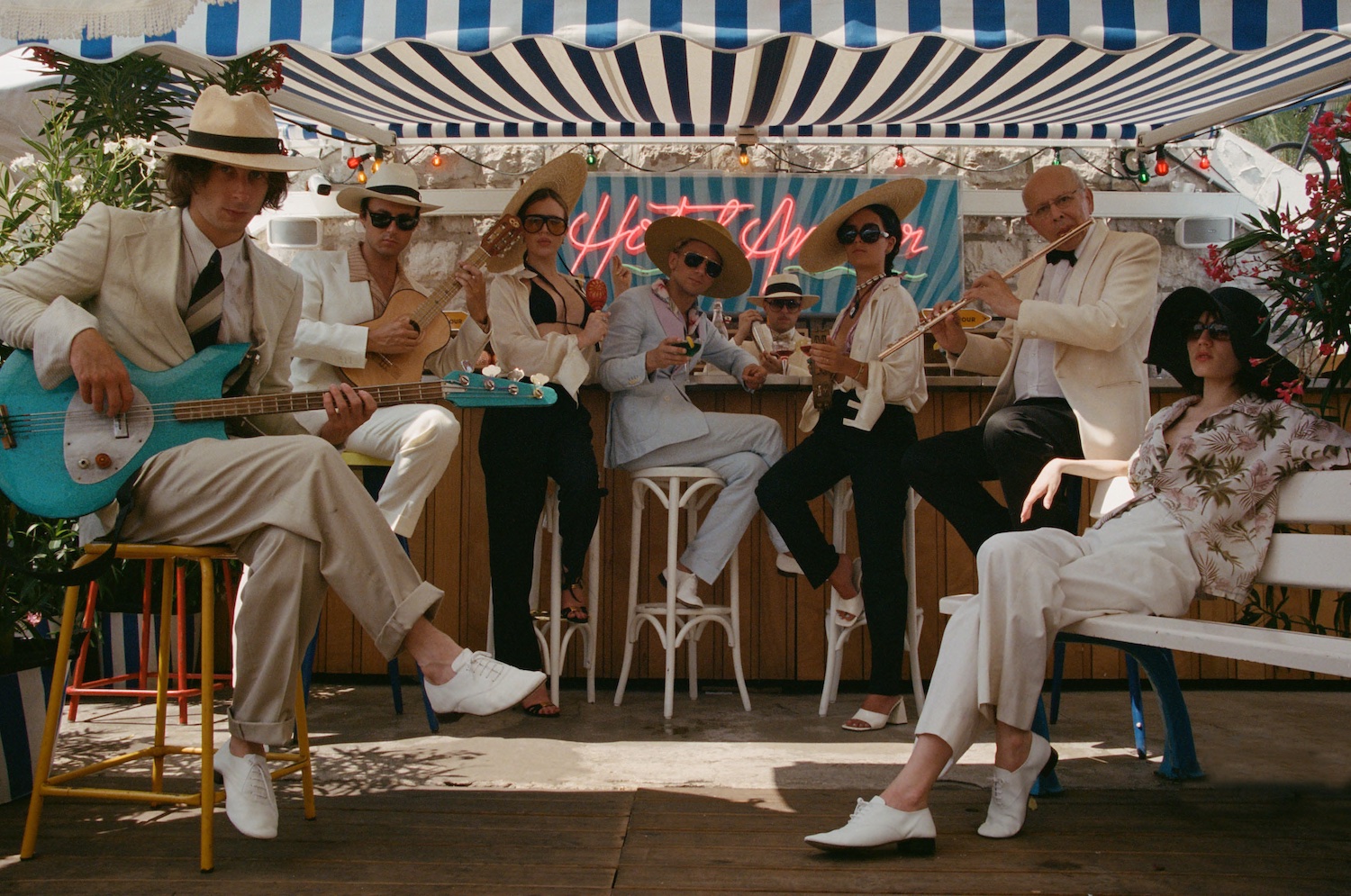
The flamenco influences become apparent in Teatro Lúcido‘s first track, “Fugue Italienne,” with trumpet and castanets taking an outstanding place before merging into an electronic, synth-heavy dance groove akin to the style that La Femme established in their previous releases. The first half of the track introduces what’s new before the second half demonstrates how those new influences firmly fit into the band’s cultivated sound.
“[‘Fugue Italienne’] was difficult because I wanted horns in the Spanish style and we quickly found out it was very difficult to play, it’s a form you have to play very loud. We had to record something like eight trumpet players before we found a good one. The song was very complicated because it’s very particular. In the beginning it’s quiet and slow but it grows up and up with this breakbeat coming in and we have a great drummer to play on it. I think it’s one of the most epic songs on the record.”
This first track really sets a tone for the album, being absent of any lyrics, providing a stylistic introduction that slips listeners into the Spanish fantasy that ruminates in every track.
And despite being grounded in Got’s own Spanish experiences, the album does act as this escape to a fantasy. “There was also an aspect [of the album] that’s very dreamy, like in the last song (Ballade Arabo-Andalouse) there was something really melancholic, like a fantasy about Spain. It was like a place that is not sure, a place that you dream about.”
The Spanish dream world of Teatro Lúcido features a journey of love, drunkenness, and its subsequent hangovers.
La Femme’s inherent dance-y ambiance trails throughout the album, finding prominence in songs like “Cha-cha” and “Y tú te vas,” songs with driving dance beats and a distinctly Spanish flavor. They intersect the overall Spanish vibe with elements of Motown, reggae, and synth-pop.
It was like a place that is not sure, a place that you dream about.
The album’s given levels, though, with songs that break the grooving, synthesized flow and embrace a more traditional Spanish sound, particularly towards the middle of the record. “Maialen,” for example, is a powerful orchestral song that, similar to the record’s first track, epically grounds itself in the concept of the album.
Then there’s a song like “El Tio del Padul” which brings a moment of calm, resting on a Spanish guitar with light, supportive percussion that grows in energy over the span of the track. That song, accompanied with the following track “El Conde-Duque” have this transportive feeling, bringing you to a Spanish bar where the patrons sing these familiar folk-ish tunes.
Como un tío del Padul
A dónde está la cerveza?
Me encanta un litro
Con una ración de patata
Un chorizo y una morcilla
En el pueblo del Padul
Hay un loco que canta
El Paquito Chocolatero
Un poquito demasiado
En el pueblo del Padul
Como un tío del Padul
No pasa nada
Yo soy muy borracho
Todo puede ir muy rápido
Yo te lo digo, tío
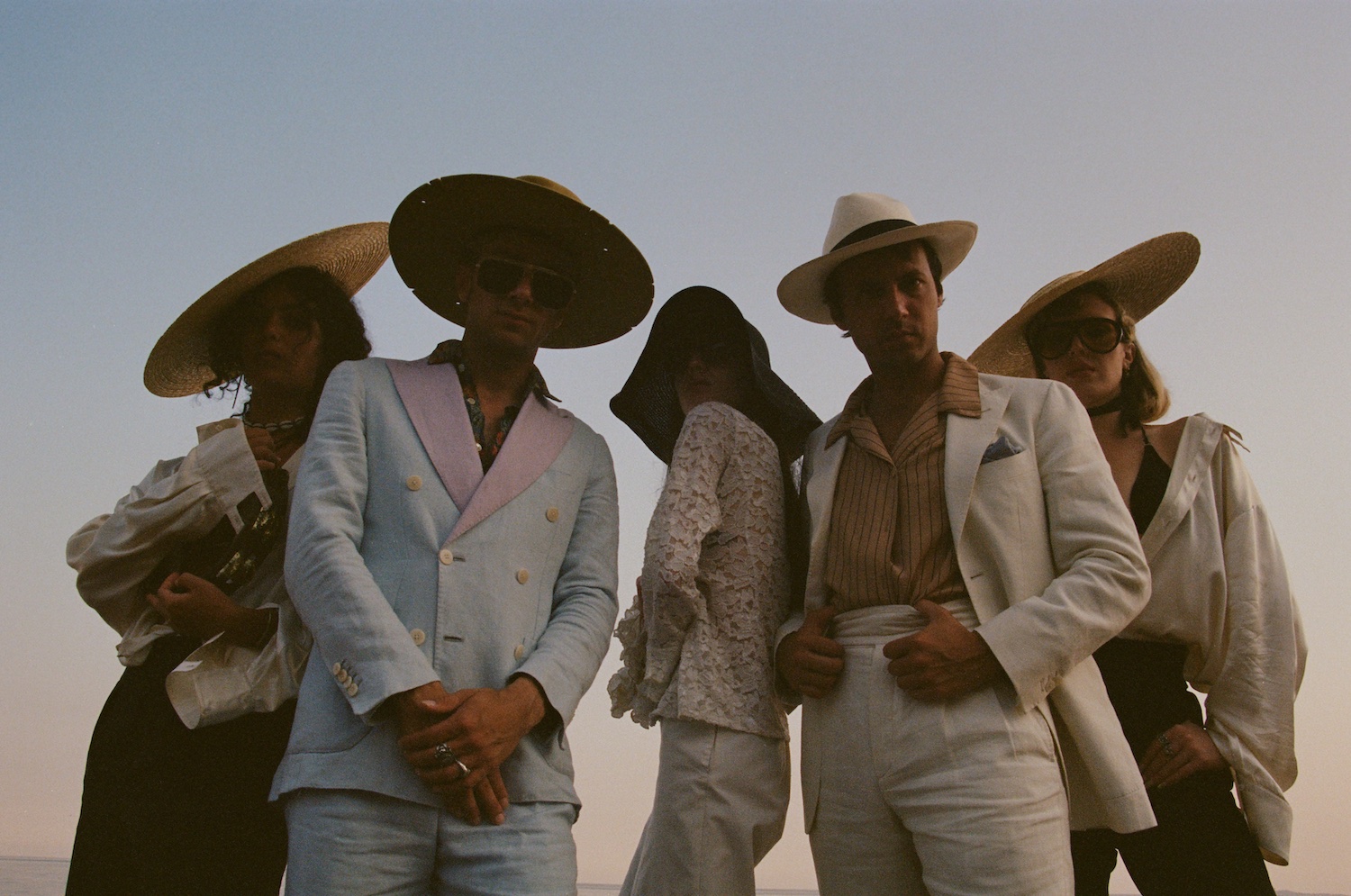
“Each song is like a little piece of flesh,” says Got. “So of course there were a lot of fun love stories but also some parties and a lot of hangovers. And I think people notice this because in the record you can feel the hangover. So I think it’s a mix of what happened, of why we were in Spain, it was a mix of love stories, of parties and of hangovers.”
One striking aspect of La Femme as a band is their ability to bridge space and language.
Though they typically sing in French (and now en Español), their music is infectious in a way that makes (sometimes) not understanding the words seem obsolete. “I think maybe there are some French artists that couldn’t play in other countries because the lyrics take the first place and for us, the lyrics are important, but when we play live people dance and it’s very powerful so even if people don’t understand the lyrics they can enjoy the music too.”
Though it was intended as a reference to a beloved venue, “teatro lúcido” or “lucid theater” really encapsulates the essence of this album. It’s a vivid, cinematic, borderline campy lucid dream through a Spanish fantasy. It demonstrates, not just the quintessential essence of La Femme’s sound, but the ways it can be molded to fit in a well-established concept. Spanish-speaker or not, it’s a fun and magnetic record.
Teatro Lúcido is available now for purchase and streaming.
— —
:: stream/purchase Teatro Lúcido here ::
Stream: “Sacatela” – La Femme
— — — —
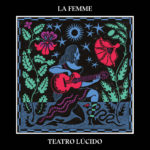
Connect with La Femme on
Facebook, Instagram, Twitter
Discover new music on Atwood Magazine
? © JD Fanello
:: Stream La Femme ::



